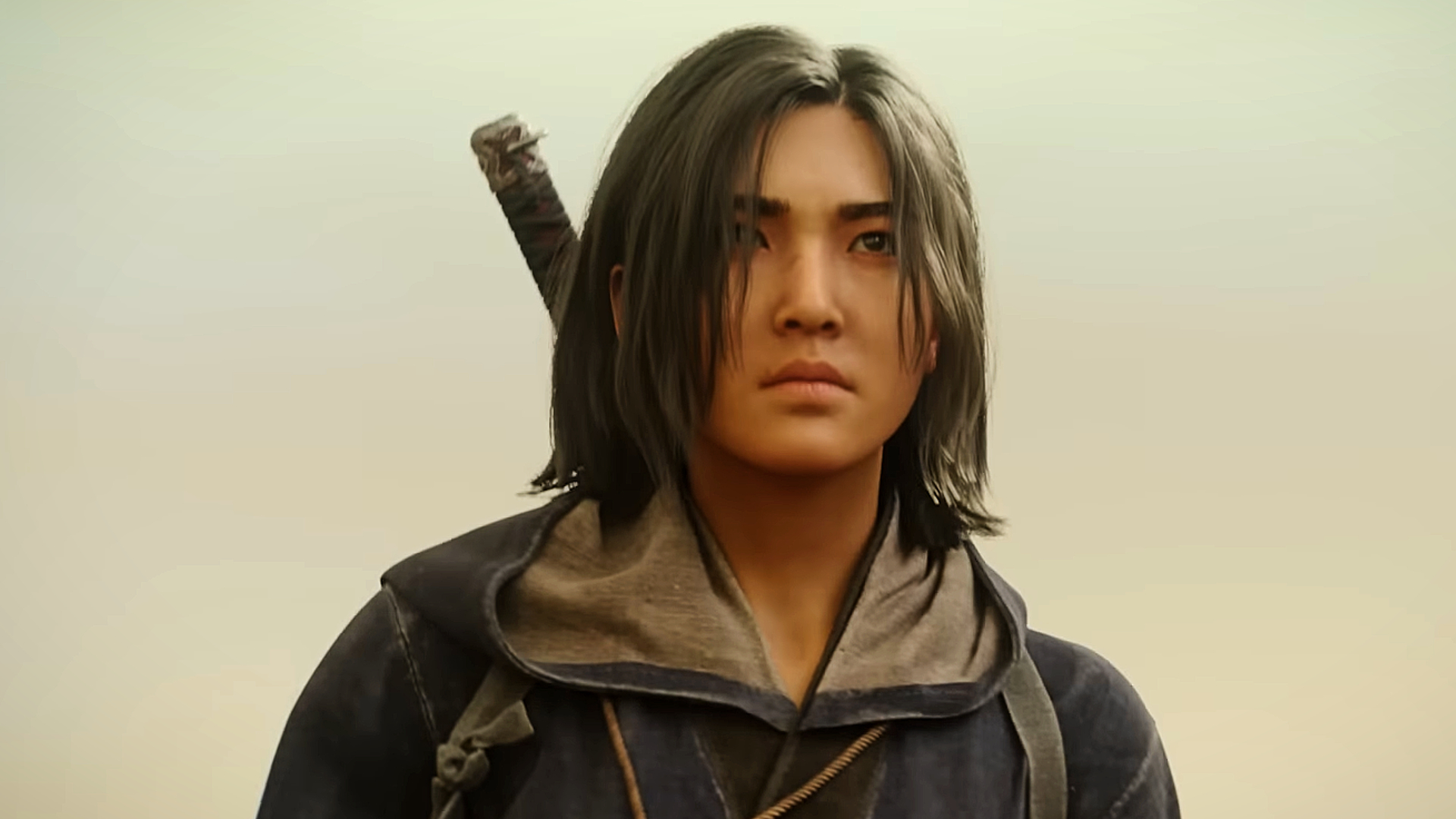Assassin's Creed Shadows' dev time is even longer than the massive Assassin's Creed Valhalla - as Ubisoft wants the RPG's depiction of Japan to be "as authentic as possible"

Ubisoft says the wait for Assassin's Creed Shadows was longer than Valhalla because the team gave itself the time to iterate and ensure an accurate depiction of feudal Japan.
At three years, Assassin's Creed Valhalla was one of the series biggest games, in terms of development time, but Shadows has outgrown that by a full year. Speaking to GamesIndustry.biz, Lead producer Karl Onnée explains that you could put together an Assassin's Creed game quicker than the team managed to do with Shadows, but that wouldn't necessarily lead to a great game.
"It's always a balance between time and costs, but the more time you have, the more you can iterate, " he says. "Yes, you can put more people on a project and do it in a shorter time, but that doesn't give you more time to iterate because it takes time to get the feedback from your players, your team… and then see what works and what doesn't and how to improve it. Four years, I think, is the right balance to go from conception to production and get the feedback necessary to adapt."
Another reason for Assassin's Creed Shadows' lengthier development is the team's desire to create a game that is as "authentic" as possible. Ubisoft's depiction of Japan has long been a talking point, with the studio recently apologizing for promotional material that's "caused concern within the Japanese community." Speaking about the team's efforts to achieve authentic representation, though, Onnée says it's a matter of "pride" for the team and also "a very long process" to get it right.
"When we build a Japanese house from feudal Japan, it is very different from, say, a French medieval house or an English one," he says. "So you have to learn as artists where things go inside a feudal Japanese house… maybe the food doesn't go there. You have to get everything you need to know and learn it. And that process is long."
"It's not feudal Japan, obviously, but it is good to go on-site because it is only then that we realize it is very different to what we think it is. It is very interesting because when the team went there, one of the things that jumped out was the forests and how they are. We had made some forests based on the Greece landscape [for Odyssey], but when we went, we noticed it was very different to what we'd done, and we had to change it. You don't necessarily find that stuff out when doing historical research.
"These are some of the small things that are very important, because you get a better sense of the dimensions of the building, of the culture, of monuments and shrines that are still standing today… it is important to represent all that correctly."
Weekly digests, tales from the communities you love, and more

I joined GamesRadar+ in May 2022 following stints at PCGamesN and PocketGamer.Biz, with some freelance for Kotaku UK, RockPaperShotgun, and VG24/7 thrown in for good measure. When I'm not running the news team on the games side, you'll find me putting News Editor duties to one side to play the hottest JRPG of 20 years ago or pillaging the depths of Final Fantasy 14 for a swanky new cloak – the more colourful, the better.


